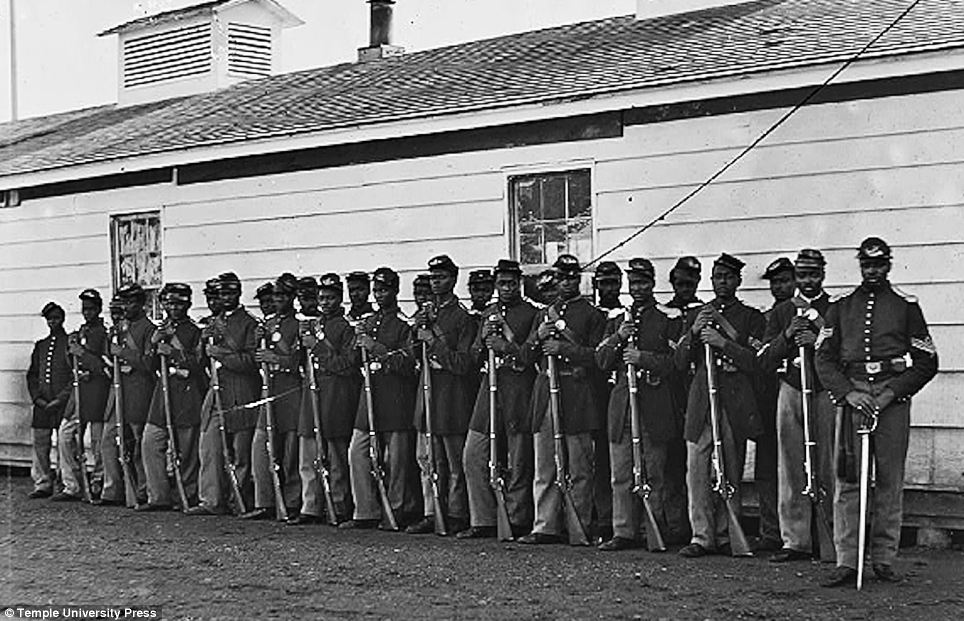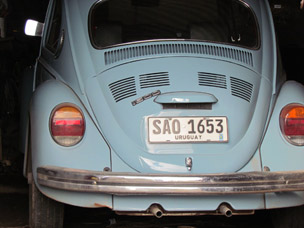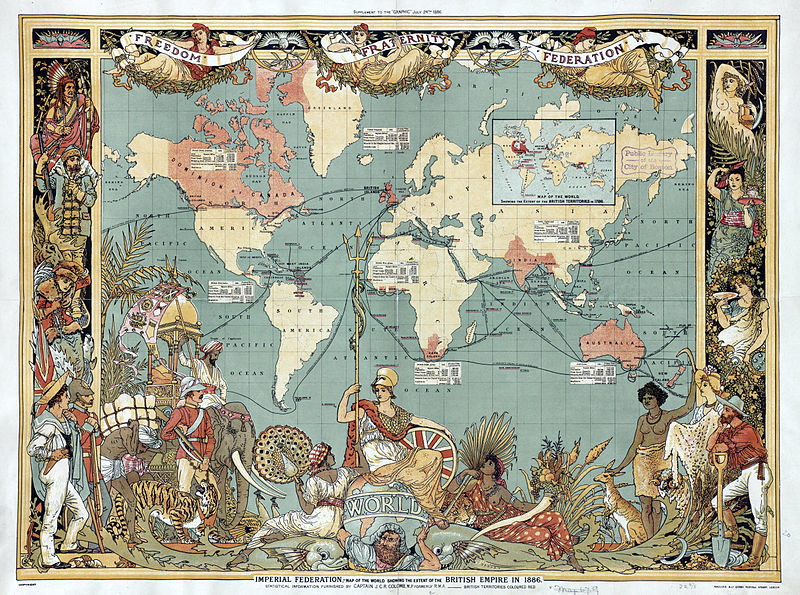 I have a book that I read from sometimes, entitled Oral Literature of Korea, compiled by Seo Daeseok and edited by Peter H. Lee. In a section called Classical Archival Records (i.e. I'm assuming they're things written down from the Joseon dynasty period from 1400's to 1800's), there's a story called "Chosin's Dream" [pp. 215-17]. The compiler says it's from a document called Memorabilia of the Three Kingdoms, which would make the story much older than Joseon, since the Three Kingdoms were pre-668 AD. The story's first sentence mentions Silla period, however, which would put the story between 668 and 900's.
I have a book that I read from sometimes, entitled Oral Literature of Korea, compiled by Seo Daeseok and edited by Peter H. Lee. In a section called Classical Archival Records (i.e. I'm assuming they're things written down from the Joseon dynasty period from 1400's to 1800's), there's a story called "Chosin's Dream" [pp. 215-17]. The compiler says it's from a document called Memorabilia of the Three Kingdoms, which would make the story much older than Joseon, since the Three Kingdoms were pre-668 AD. The story's first sentence mentions Silla period, however, which would put the story between 668 and 900's.
Chosin's Dream
During the Silla period, there was a manor of Segyu Monastery in Nari county, Myeongju, and the monastery sent the monk Chosin to be its caretaker. Upon arrival, Chosin fell in love with the daughter of the magistrate, Lord Kim Heun. Infatuated, he often went to mount Nak and prayed before the image of the Bodhisattva Who Observes the Sounds of the World to grant him his wishes. In a few year she married another man. Again Chosin went to the bodhisattva, complaining to her for not answering his prayer, and cried till sunset. Worn out with longing, he fell asleep.
In a dream Lady Kim suddenly entered the room, smiling, and said, "I have long known you and loved you. I could not forget you even for a moment. I married another man because I could not go against my parents' wishes. Now I have come to be your wife."
Overjoyed, Chosin took her to his village, and they lived there for forty years with five children born to them. Their house had only four walls, and they could not provide even coarse bread for their children. They wandered about in search of food. They went on like this for ten years, roaming the hills and fields in rags. Their oldest child, aged fifteen, died of hunger on Haehyeon Ridge in Myeongju. Chosin wailed and buried him on the roadside and moved on with the remaining four to Ugok district, where they built a thatched cottage. The couple, old and starved, could not even get up, so the ten-year-old girl begged for food. She was bitten by a stray dog, however, and collapsed in pain on her return. The parents sighed and wept.
Wiping away her tears, the wife suddenly spoke. "When I married you, I was young and beautiful, had many clothes, and was clean. We have shared every bit of food and clothing these fifty years, and thought that our deep love must have been ordained. Now we are weak and sick, our sickness gets worse, hunger and cold get worse, and no one in the world wants to give us shelter or even a bottle of soy sauce. The shame of going out begging weighs down heavier than a mountain. We cannot feed and clothe our children, so how can we enjoy married life? Red cheeks and artful smiles are nothing but dewdrops on the grass, and the fragrant pledges of love are like willow catkins in the wind. I am a burden to you, and I worry because of you. Our former joys must have been the beginning of our grief. How did we come to this pass? I would be better to be a lone phoenix (luan) calling its mate in the mirror than like many birds dying together in hunger. It is intolerable that lovers should meet in prosperity and part in adversity, but it is all beyond our wish. Meeting and parting are ordained, so let us part." Chosin was relieved. And when they about to leave, each taking two children, the wife spoke again: "I am going to my old home. You go south." At this parting, Chosin awoke.
The candle was sputtering, and night was about to end. When the morning came, his hair and bear had turned all white. He had no more thought for the world. Though tired of the hard life – the hardships of so many years – he felt the greed in his heart melt away like ice. Ashamed to face the holy image of the Sound Observer, he could not suppress his remorse. When he returned to Haehyeon Ridge and dug up the grave where he had buried his child in his dream, he found a stone image of Maitreya [Maitreya is the returned Buddha – a sort of Buddhist second coming]. He cleansed it in water and enshrined it in a nearby monastery, went to the capital, and resigned his position. With private funds he build Pure Land Monastery and performed good deeds. We do not know how he died.
I remark as a comment: after reading the story and closing the book and recalling the past, I wonder, how could Chosin's dream alone be like this? Human beings know the joy of mundane life; sometimes they rejoice, sometimes they toil, but they are not yet awakened. I write this poem as a warning:
With a moment's accord, one's mind is at ease.
Unaware, sorrow made a youthful face old.
One should not await the cooking of the millet,
Now I know – a life of toil is a dream.
Cleansing the mind depends on a sincere wish,
A bachelor desires beauty, thieves treasures.
How could you only dream on an autumn night
And attain the clear and cool with eyes closed on and off?
I have a book that I read from
sometimes, entitled Oral Literature of Korea, compiled by Seo Daeseok
and edited by Peter H. Lee. In a section called Classical Archival
Records (i.e. I'm assuming they're things written down from the
Joseon dynasty period from 1400's to 1800's), there's a story called
"Chosin's Dream." The compiler says it's from a document
called Memorabilia of the Three Kingdoms, which would make the story
much older than Joseon, since the Three Kingdoms were pre-668 AD. The
story's first sentence mentions Silla period, however, which would
put the story between 668 and 900's.
Chosin's Dream
During the Silla period, there was a
manor of Segyu Monastery in Nari county, Myeongju, and the monastery
sent the monk Chosin to be its caretaker. Upon arrival, Chosin fell
in love with the daughter of the magistrate, Lord Kim Heun.
Infatuated, he often went to mount Nak and prayed before the image of
the Bodhisattva Who Observes the Sounds of the World to grant him his
wishes. In a few year she married another man. Again Chosin went to
the bodhisattva, complaining to her for not answering his prayer, and
cried till sunset. Worn out with longing, he fell asleep.
In a dream Lady Kim suddenly entered
the room, smiling, and said, "I have long known you and loved
you. I could not forget you even for a moment. I married another man
because I could not go against my parents' wishes. Now I have come to
be your wife."
Overjoyed, Chosin took her to his
village, and they lived there for forty years with five children born
to them. Their house had only four walls, and they could not provide
even coarse bread for their children. They wandered about in search
of food. They went on like this for ten years, roaming the hills and
fields in rags. Their oldest child, aged fifteen, died of hunger on
Haehyeon Ridge in Myeongju. Chosin wailed and buried him on the
roadside and moved on with the remaining four to Ugok district, where
they built a thatched cottage. The couple, old and starved, could not
even get up, so the ten-year-old girl begged for food. She was bitten
by a stray dog, however, and collapsed in pain on her return. The
parents sighed and wept.
Wiping away her tears, the wife
suddenly spoke. "When I married you, I was young and beautiful,
had many clothes, and was clean. We have shared every bit of food and
clothing these fifty years, and thought that our deep love must have
been ordained. Now we are weak and sick, our sickness gets worse,
hunger and cold get worse, and no one in the world wants to give us
shelter or even a bottle of soy sauce. The shame of going out begging
weighs down heavier than a mountain. We cannot feed and clothe our
children, so how can we enjoy married life? Red cheeks and artful
smiles are nothing but dewdrops on the grass, and the fragrant
pledges of love are like willow catkins in the wind. I am a burden to
you, and I worry because of you. Our former joys must have been the
beginning of our grief. How did we come to this pass? I would be
better to be a lone phoenix (luan) calling its mate in the mirror
than like many birds dying together in hunger. It is intolerable that
lovers should meet in prosperity and part in adversity, but it is all
beyond our wish. Meeting and parting are ordained, so let us part."
Chosin was relieved. And when they about to leave, each taking two
children, the wife spoke again: "I am going to my old home. You
go south." At this parting, Chosin awoke.
The candle was sputtering, and night
was about to end. When the morning came, his hair and bear had turned
all white. He had no more thought for the world. Though tired of the
hard life – the hardships of so many years – he felt the greed in his
heart melt away like ice. Ashamed to face the holy image of the Sound
Observer, he could not suppress his remorse. When he returned to
Haehyeon Ridge and dug up the grave where he had buried his child in
his dream, he found a stone image of Maitreya [Maitreya is the
returned Buddha – a sort of Buddhist second coming]. He cleansed it
in water and enshrined it in a nearby monastery, went to the capital,
and resigned his position. With private funds he build Pure Land
Monastery and performed good deeds. We do not know how he died.
I remark as a comment: after reading
the story and closing the book and recalling the past, I wonder, how
could Chosin's dream alone be like this? Human beings know the joy of
mundane life; sometimes they rejoice, sometimes they toil, but they
are not yet awakened. I write this poem as a warning:
With a moment's accord, one's mind is
at ease.
Unaware, sorrow made a youthful face
old.
One should not await the cooking of the
millet,
Now I know – a life of toil is a dream.
Cleansing the mind depends on a sincere
wish,
A bachelor desires beauty, thieves
treasures.
How could you only dream on an autumn
night
And attain the clear and cool with eyes
closed on and off?




